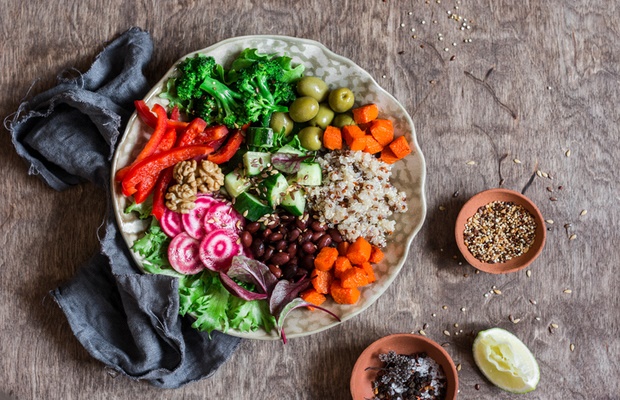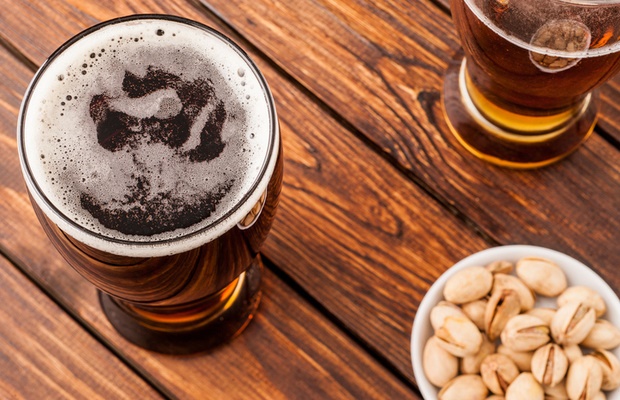According to 2016 research, millennials are having less sex than any generation since the 1920s. This is a bad thing for a few reasons:
1. Sex is fun, and you should be having as much of it as you can; and
2. They’re all missing out on the many well-documented health benefits of having sex regularly.
Read more: Why sex could be your best prescription
Of course, that’s not always possible for various reasons – maybe your partner is out of town, or you’re just in between relationships.
But what actually happens to your body when you don’t have sex for a long time? Here are six of the most surprising side effects.
1. Your rhythm gets thrown off the next time you have sex
You know that old expression, “if you don’t use it, you lose it?” Science suggests that to a degree, that might be true.
A 2008 study in the American Journal of Medicine concluded that men in their 50s, 60s, and 70s who weren’t sexually active were more likely to suffer from erectile dysfunction.
This makes some sense: on an intellectual level, navigating all those arms and legs and erogenous zones can get pretty confusing, so imagine trying to navigate the core mechanics of intercourse after months and months of not having sex at all.
Luckily, there’s an easy solution: even if you don’t have a partner, the research suggests ejaculating regularly can help alleviate some of these effects.
Read more: 10 annoying things you do during sex
2. If you don’t masturbate, your risk of prostate cancer goes up
If your dry spell extends to the self-pleasure zone – that is, if you’re not masturbating at all – research says that’s unhealthy. In fact, multiple studies have pointed to the conclusion that “high ejaculation frequency” (a.k.a. jerking off at least 4.6 to seven times a week) is linked to a lower risk of prostate cancer.
So get out those baby wipes and turn on Pornhub for the sake of your own health.
Read more: 11 shocking facts you never knew about masturbation
3. Your blood pressure can spike
A great night of lovemaking can make literally everything else in the world feel better. Even if your boss won’t stop breathing down your neck or if you’re under a bunch of deadlines, you’re consistently getting laid, so all of that stuff seems super manageable.
Science says that’s not a coincidence. In fact, a 2006 study in the medical journal Biological Psychology found that people who were having regular sex had lower levels of blood pressure than those who weren’t.
Read more: 11 ways you can lower your blood pressure naturally – no meds required
4. You get more stressed out
Apparently, there’s a scientific reason for that. Neuroscientist Dr Debra W Soh said in an interview with Men’s Health that during orgasm “endorphins are released that can help to improve your mood. So, if you tend to use sex as a way of coping with stress, a dry spell can be doubly frustrating.”
5. Your immune system gets weaker
Orgasms are incredibly beneficial to your immune system, as psychologists Carl Charnetski and Francis Brennan Jr found.
They conducted a study where they asked patients who were having sex once or twice a week to provide saliva samples. Those samples were found to contain an extremely high concentration of the common-cold busting antibody immunoglobulin A.
Who knew that extremely close contact was a net-positive in terms of preventing illness?
Read more: 23 cheats to bulletproof your body
6. Your work performance might slip
Most dry spells have two parts: the part where you’re insanely horny and turned on by even a slightly curvaceous frying pain; and the part where you’re down in the dumps and can’t even be motivated to get off the couch.
Apparently, that can even spill over into your employment satisfaction. An Oregon State University study found that couples with an active sex life were much happier at work.
“Maintaining a healthy relationship that includes a healthy sex life will help employees stay happy and engaged in their work, which benefits the employees and the organisations they work for,” says Keith Leavitt, an associate professor at the college.
There you go, guys: feel free to blame missing that meeting on not getting laid. I’m sure your boss will understand.
This article was originally featured on www.menshealth.com
Image credit: iStock





















